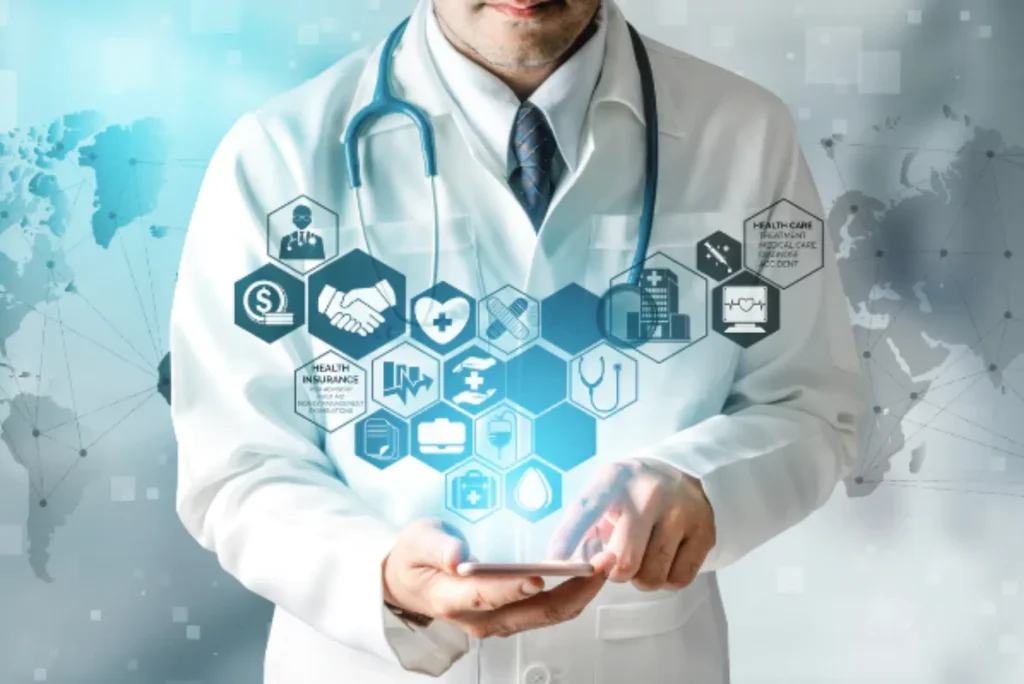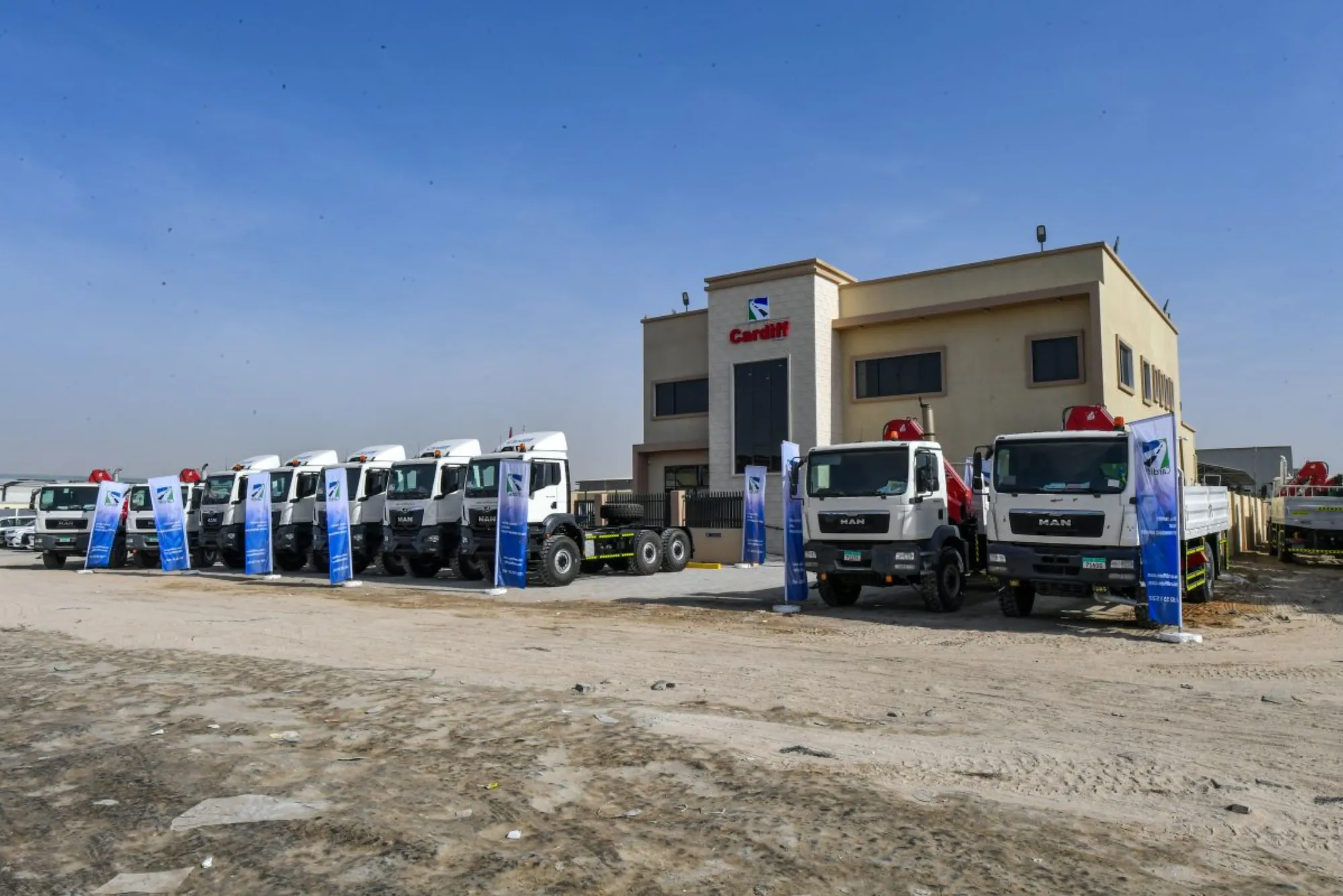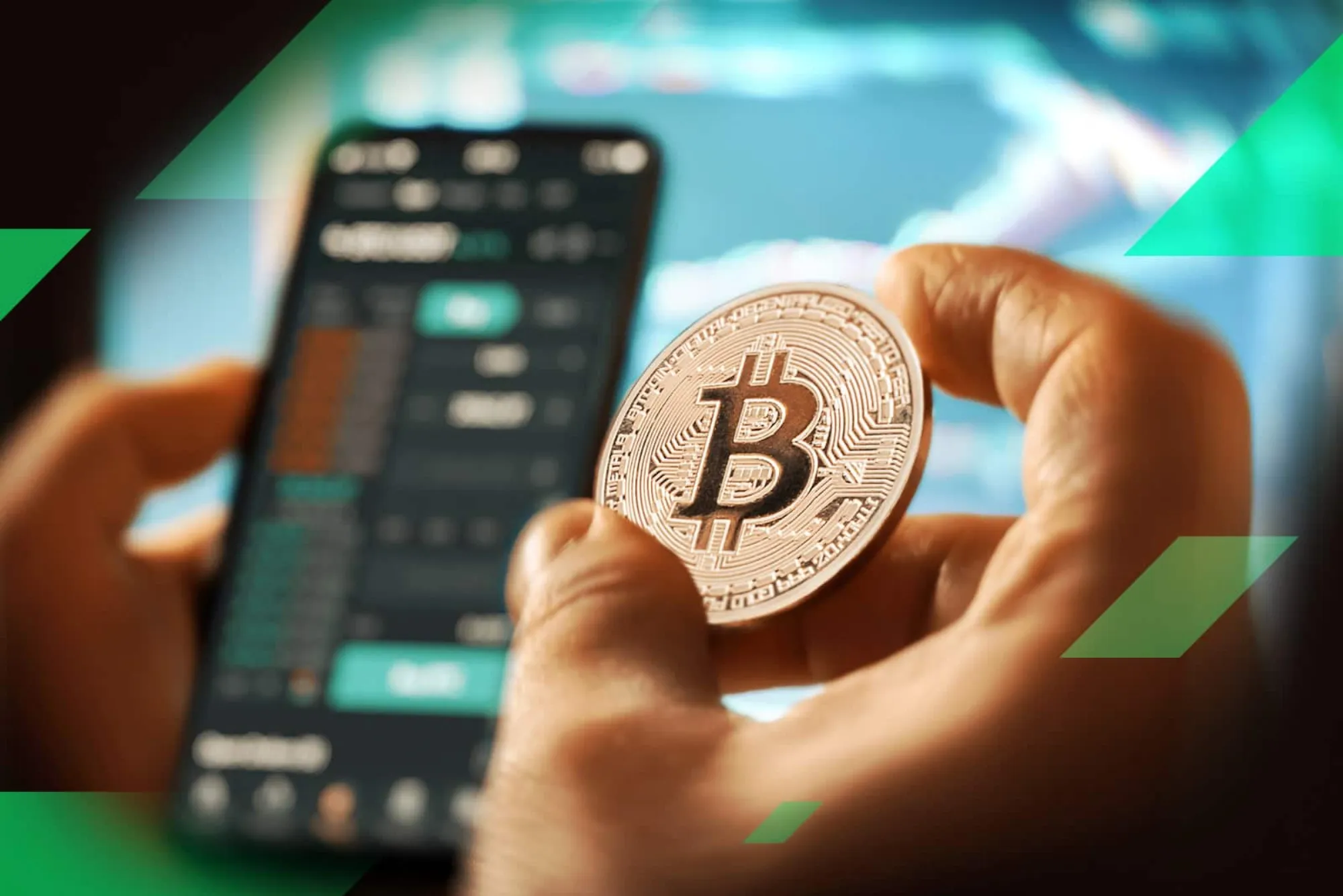In an era marked by relentless technological innovation, the convergence of GPS (Global Positioning System) technology and healthcare represents a pivotal milestone in the evolution of medical services. This article embarks on an extensive exploration of the multifaceted applications of GPS within the realm of healthcare, elucidating its profound impact on patient care, medical logistics, and the broader healthcare landscape. With a particular focus on the revolutionary solutions provided by RALS Healthcare, we aim to unravel the intricate tapestry of GPS-enabled healthcare and its transformative potential.
Understanding GPS in Healthcare
GPS: The Backbone of Precision Healthcare
At its essence, GPS functions as a constellation of satellites orbiting the Earth, meticulously synchronizing to provide accurate location data anywhere on the planet’s surface. Originally conceived for military purposes, GPS has transcended its initial scope, permeating various civilian domains, including healthcare. The hallmark of GPS technology lies in its unparalleled precision, offering real-time location tracking capabilities that underpin a myriad of healthcare applications.
Applications of GPS in Healthcare
Enhanced Patient Care through Geolocation
One of the most compelling applications of GPS in healthcare revolves around patient care, wherein geolocation technologies empower healthcare providers with unprecedented insights and capabilities. Wearable devices outfitted with GPS modules enable continuous monitoring of patients’ movements, particularly beneficial for individuals afflicted with chronic conditions or cognitive impairments. In cases of dementia, for instance, GPS-enabled trackers offer peace of mind to caregivers by facilitating prompt localization of wandering patients, thereby averting potential dangers and facilitating timely interventions.
Moreover, the integration of geofencing functionalities further augments patient safety measures, delineating virtual boundaries within which patients are expected to remain. Any deviation from these predefined zones triggers automated alerts, notifying caregivers or medical personnel of the breach in real-time. This proactive approach not only minimizes the risk of elopement but also fosters a heightened sense of security for both patients and their families.
Streamlining Medical Logistics
Beyond the realm of patient care, GPS technology plays an instrumental role in optimizing medical logistics and supply chain management processes. Timely delivery of medical supplies, ranging from pharmaceuticals to life-saving equipment, is paramount in ensuring uninterrupted healthcare services, particularly in remote or disaster-stricken areas. By integrating GPS into logistics systems, healthcare organizations can orchestrate seamless transportation routes, monitor the status of shipments in real-time, and mitigate risks such as theft, diversion, or spoilage.
Furthermore, the advent of IoT (Internet of Things) devices equipped with GPS functionalities introduces a new paradigm in inventory management, wherein assets are not merely tracked but actively communicate their status and usage patterns. Smart medical devices embedded with GPS sensors can relay valuable data regarding their location, operational efficiency, and maintenance requirements, thereby facilitating predictive maintenance protocols and optimizing resource allocation.
The Role of RALS Healthcare Solutions
Empowering Healthcare Providers with Cutting-Edge Solutions
In the vanguard of GPS-enabled healthcare solutions stands RALS Healthcare, a pioneering provider of advanced medical technology platforms tailored to the unique needs of healthcare organizations. Leveraging the power of GPS and allied technologies, RALS Healthcare solutions empower healthcare providers with a comprehensive suite of tools and capabilities aimed at optimizing patient care delivery, enhancing operational efficiency, and driving clinical excellence.
Central to RALS Healthcare’s offerings is their flagship platform, meticulously designed to streamline point-of-care testing processes across diverse healthcare settings. By integrating GPS tracking functionalities, the RALS platform enables real-time monitoring of mobile medical units, ambulance fleets, and other critical assets, thereby ensuring prompt deployment and optimal resource utilization. Moreover, geo-analytics tools embedded within the platform facilitate route optimization, allowing healthcare providers to navigate through complex logistical challenges with unparalleled precision and efficiency.
Future Directions and Challenges
Unleashing the Full Potential of GPS in Healthcare
While the current applications of GPS in healthcare are undeniably transformative, the journey towards harnessing its full potential remains an ongoing endeavor fraught with challenges and opportunities alike. Looking ahead, the integration of GPS with emerging technologies such as AI (Artificial Intelligence) and blockchain holds the promise of revolutionizing healthcare delivery models, fostering greater interoperability, and enhancing patient outcomes on a global scale.
Moreover, the proliferation of wearable devices and IoT ecosystems is poised to democratize access to GPS-enabled healthcare solutions, empowering patients to take an active role in managing their health and well-being. However, this democratization also underscores the imperative of addressing pressing concerns surrounding data privacy, security, and equity, ensuring that the benefits of GPS technology are equitably distributed across diverse socio-economic strata.
In summation, GPS technology stands as a beacon of hope in the quest to revolutionize healthcare delivery and management paradigms. From augmenting patient safety through real-time geolocation to optimizing medical logistics and supply chain operations, its impact reverberates across every facet of the healthcare continuum. Through strategic partnerships and relentless innovation, visionaries like RALS Healthcare are at the vanguard of this transformative journey, driving positive change and ushering in a new era of precision healthcare. As we navigate the complex terrain of modern healthcare, guided by the beacon of GPS technology, let us seize the boundless opportunities it presents to forge a future where quality healthcare is not merely a privilege but a fundamental human right for all.














